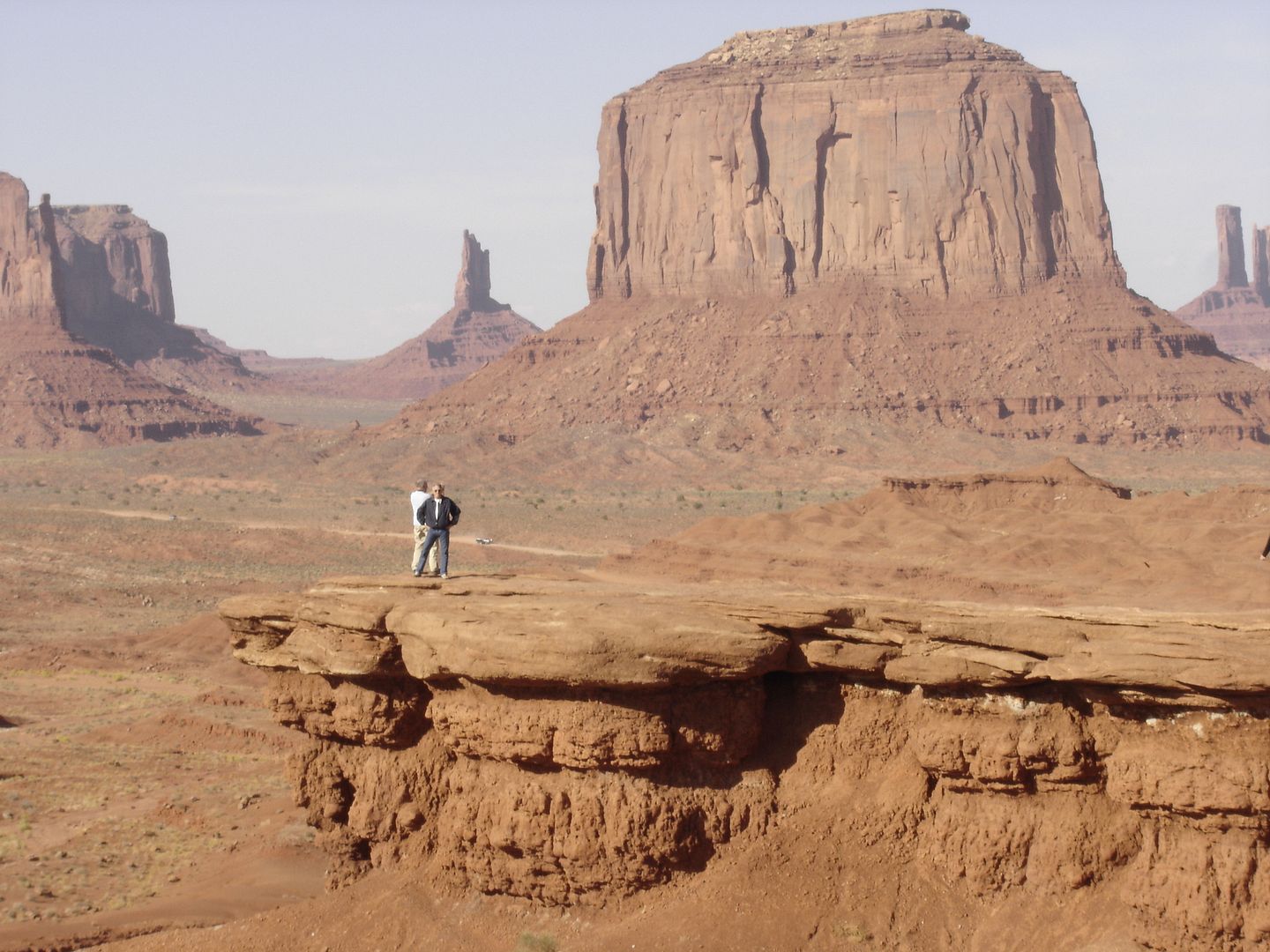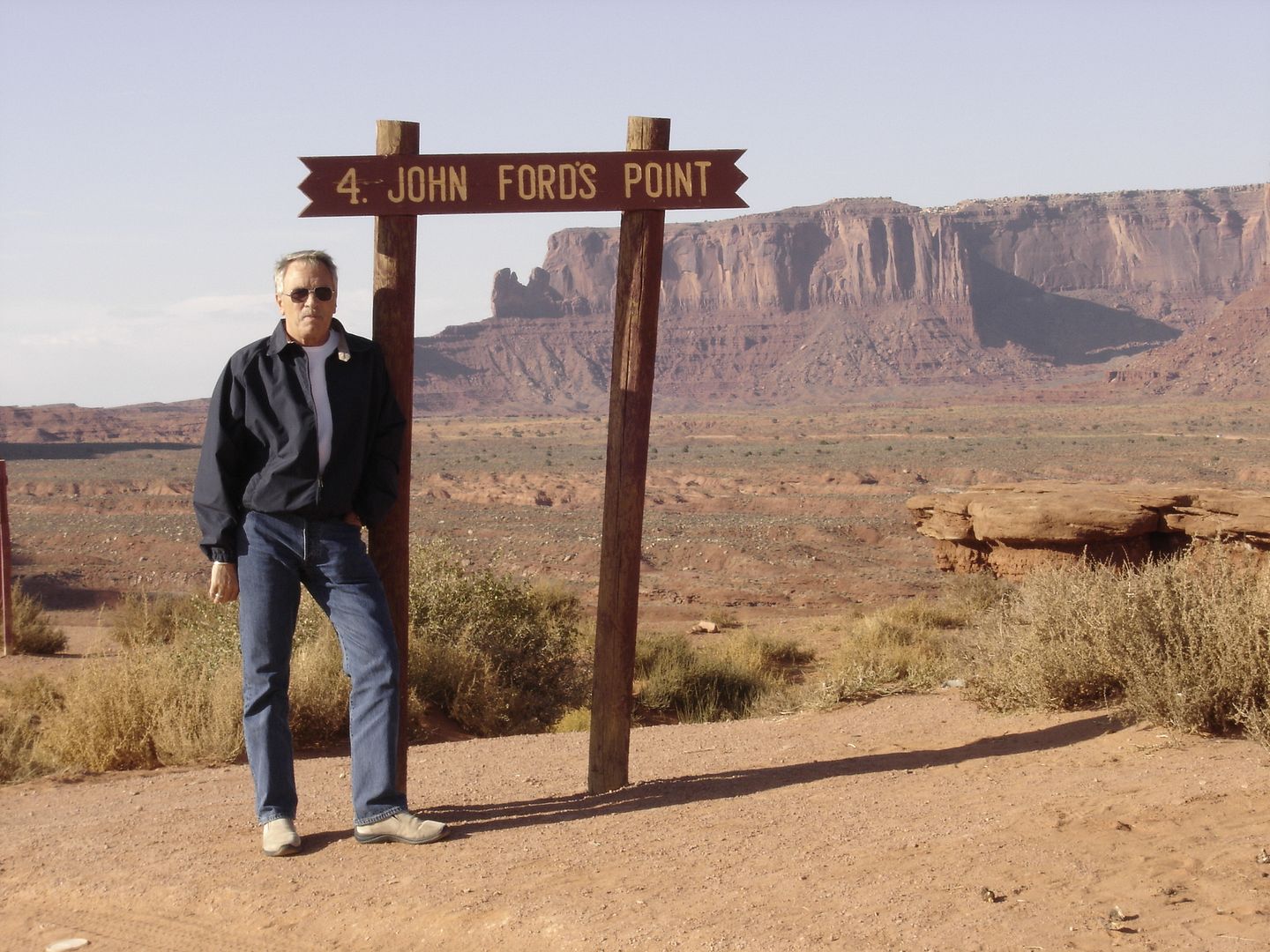UKReb
Command Sergeant Major
- Joined
- Aug 31, 2007
- Messages
- 2,436
Just finished reading a new book titled The Searchers-The Making Of An American Legend written by Glenn Frankel.
In 1836 East Texas, nine year old Cynthia Ann Parker was kidnapped by Comanches. Raised by the tribe, she became the wife of a warrior and the mother of Comanche chief Quanah Parker. It was 24 years before US Cavalry and the Texas Rangers restored her to her real family who by then were completely foreign to her. Cynthia's story was told and retold over generations to become an American mythical tale and a part of Texas lore. A hundred odd years later the author Alan LeMay wrote his version of the story published as The Searchers. Followed by the Ford/Wayne classic western of the same name.
I found this book to be brilliantly researched and a riveting account of the battle for the American West plus a fascinating historical and anecdotal story of Cynthia Ann and how her story became a John Ford movie. Probably the greatest western that ever came out of Hollywood. I read the whole book in two sittings. Thoroughly recommended for any Western history and Western movie fans.
Bob
In 1836 East Texas, nine year old Cynthia Ann Parker was kidnapped by Comanches. Raised by the tribe, she became the wife of a warrior and the mother of Comanche chief Quanah Parker. It was 24 years before US Cavalry and the Texas Rangers restored her to her real family who by then were completely foreign to her. Cynthia's story was told and retold over generations to become an American mythical tale and a part of Texas lore. A hundred odd years later the author Alan LeMay wrote his version of the story published as The Searchers. Followed by the Ford/Wayne classic western of the same name.
I found this book to be brilliantly researched and a riveting account of the battle for the American West plus a fascinating historical and anecdotal story of Cynthia Ann and how her story became a John Ford movie. Probably the greatest western that ever came out of Hollywood. I read the whole book in two sittings. Thoroughly recommended for any Western history and Western movie fans.
Bob



